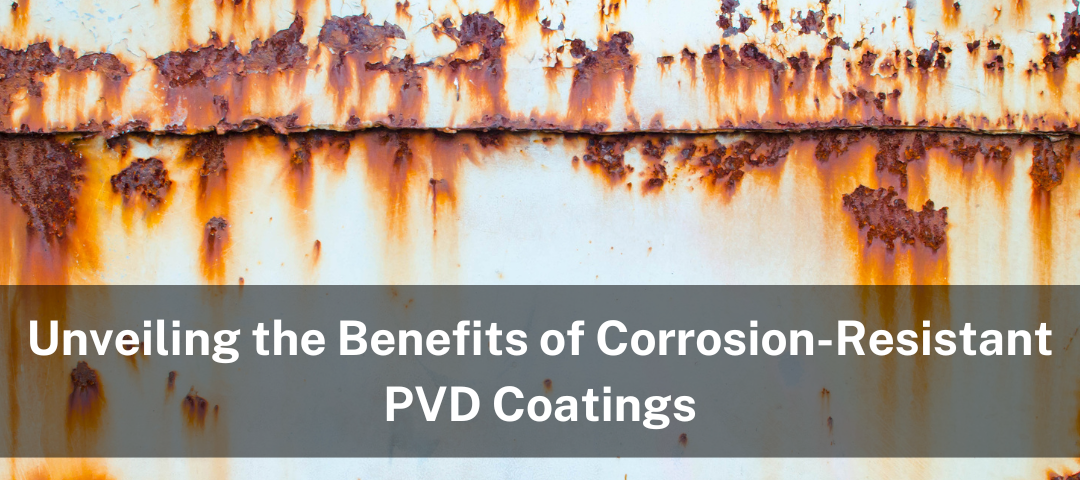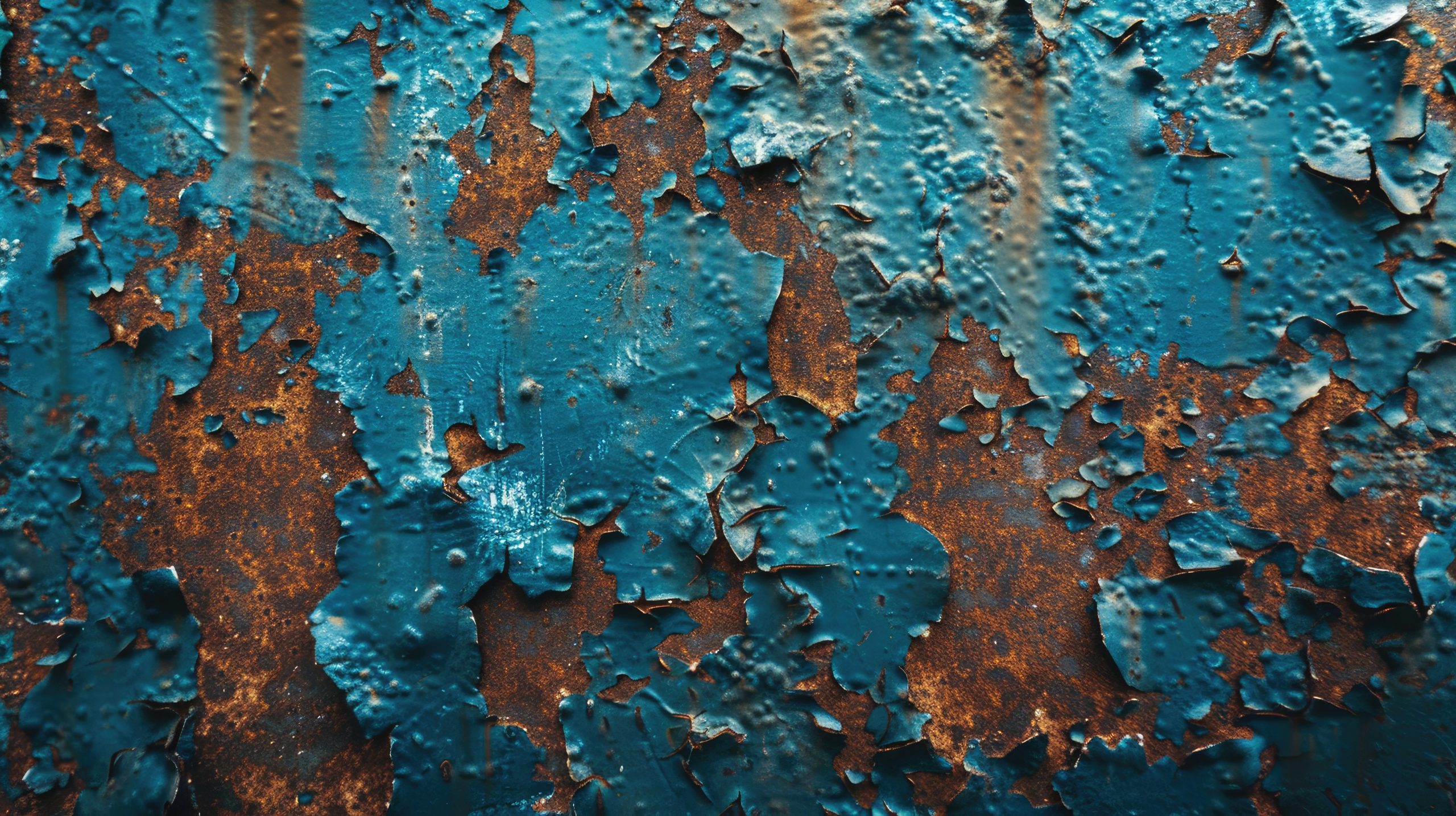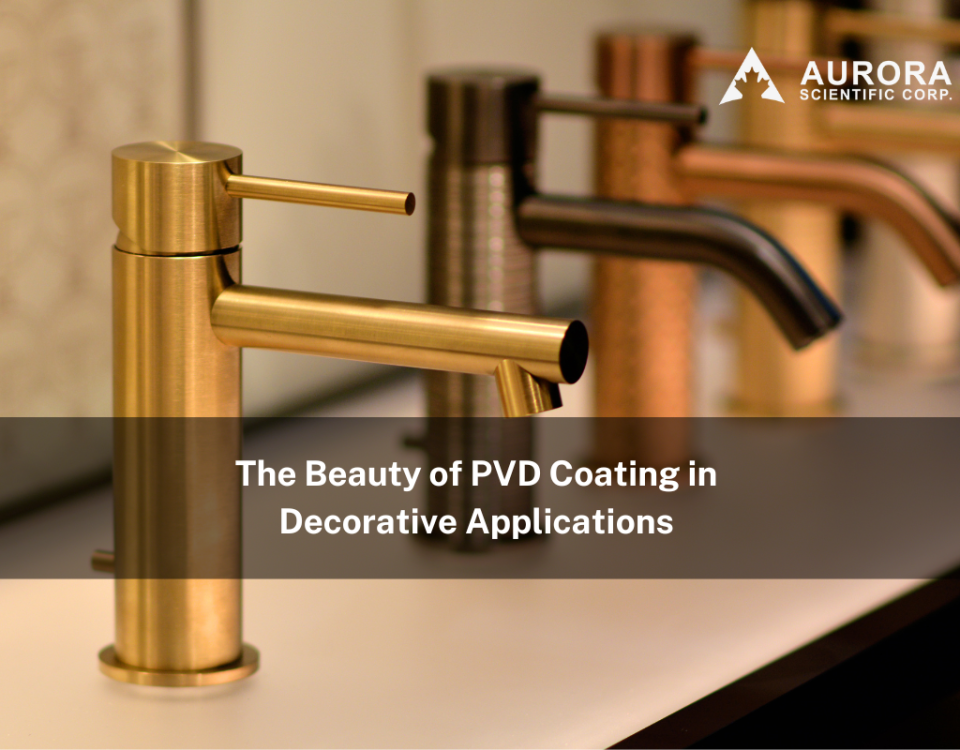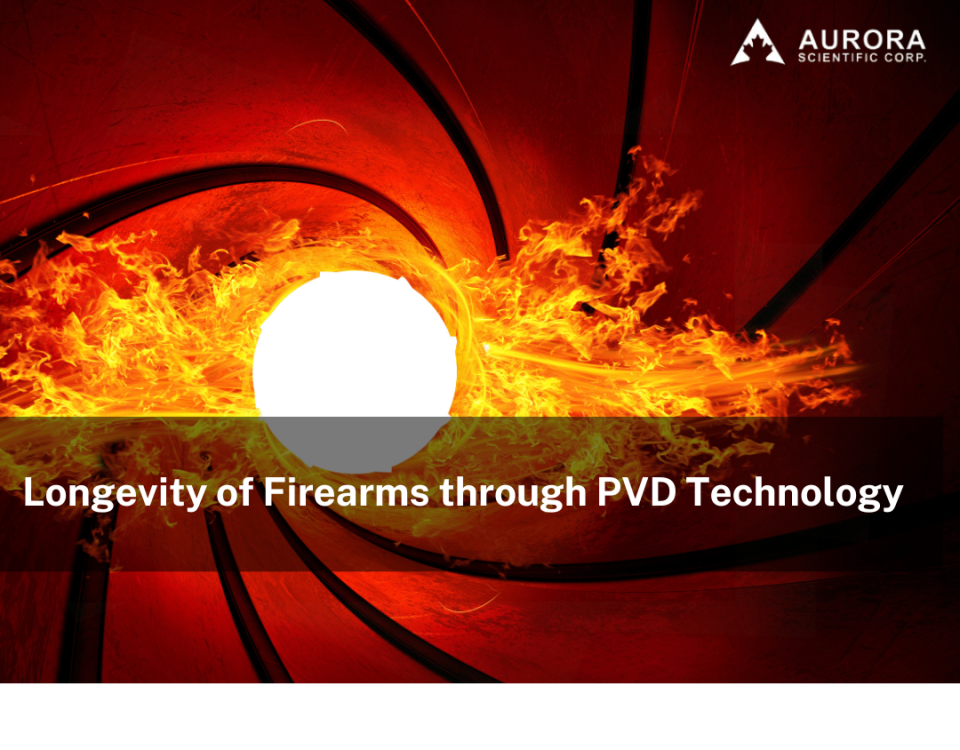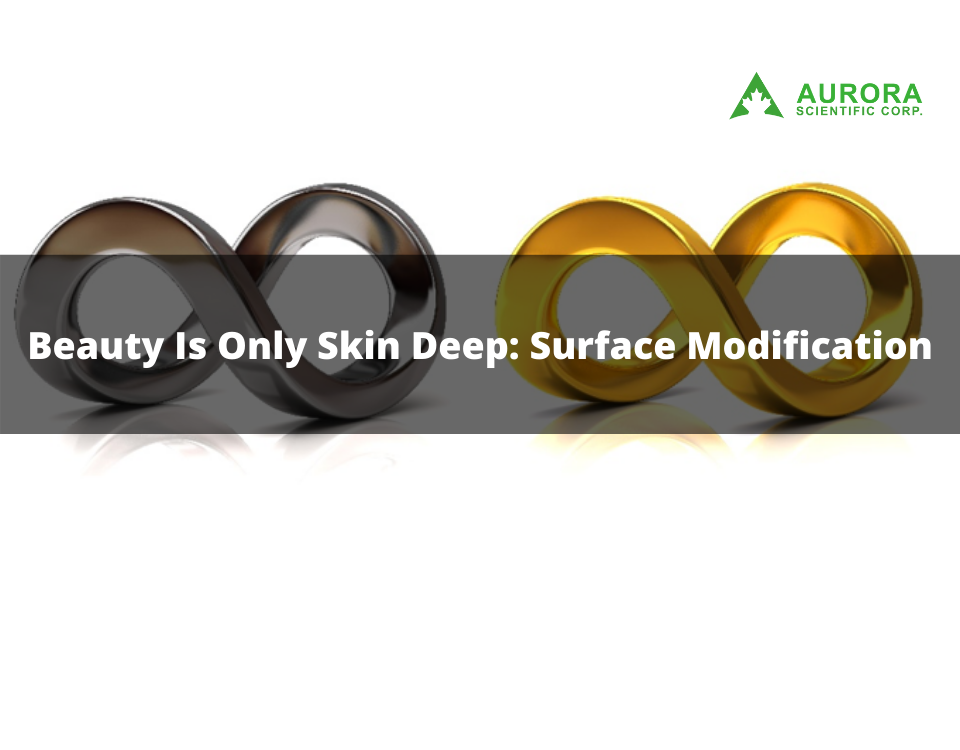
Longevity of Firearms through PVD Technology
July 28, 2023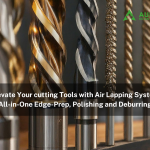
Elevate Your cutting Tools with Air Lapping System: All-in-One Edge-Prep, Polishing and Deburring
August 29, 2024Introduction
Most PVD coatings are thin, hard refractory nitrides (e.g., CrN, TiN). These materials are naturally chemically inert and resistant to corrosion, which is why PVD coatings are often claimed to be corrosion resistant. However, most of the commercially available PVD coatings are being deposited at less than 3 microns (μm), which is relatively thin for the purpose of corrosion protection. Moreover, a typical PVD coating contain intrinsic defects (such as pinholes and craters) due to the nature of the deposition process. The thin PVD layer with these defects can expose the substrate, leaving it vulnerable to corrosion.What is Corrosion?
Corrosion is an electrochemical process involving the exchange of electrons. When a substrate lacks coating coverage, it becomes exposed to corrosive electrolytes and undergoes corrosion reactions. The pinholes or craters in the coating are confined spaces where oxygen diffusion is limited. It will further accelerate the corrosion of exposed substrate, a phenomenon known as crevice corrosion. Effective protection against corrosion requires PVD coating to completely cover the substrate without any through-coating defects.To address this issue, there are a number of approaches can be done while creating the PVD coating layer in the chamber. To minimize the defects and maximize the corrosion protection, great corrosion-resistant PVD coatings should be created with the following enhanced features:
- Denser coating with fewer pores
- Thicker coating without through-coating defects
- Multiple-layer structure to disrupt the columnar growth of the coating
- Addition of a novel base layer to further enhance corrosion protection
Benefits of PVD Coating
The benefit of PVD coating in corrosion resistance is that it not only protects the substrate from corrosion but also provides protection against wear due to its high hardness. Therefore, corrosion resistant PVD coatings have great potential in various industrial applications.
-
Food processing industry
PVD coatings on food processing components help protect against corrosion from acidic or alkaline food ingredients and cleaning agents, ensuring longer equipment life and better hygiene.
-
Aerospace industry
Compressor blades and discs in the turbine are coated to resist corrosion from moisture and other contaminants and wear from the sand dust particles.
-
Aerospace industry
Compressor blades and discs in the turbine are coated to resist corrosion from moisture and other contaminants and wear from the sand dust particles.
-
Oil and gas industry
Pipeline fittings, flanges and valves are coated with PVD to protect against corrosion from crude oil, natural gas, and associated fluids, ensuring their longevity and functionality.
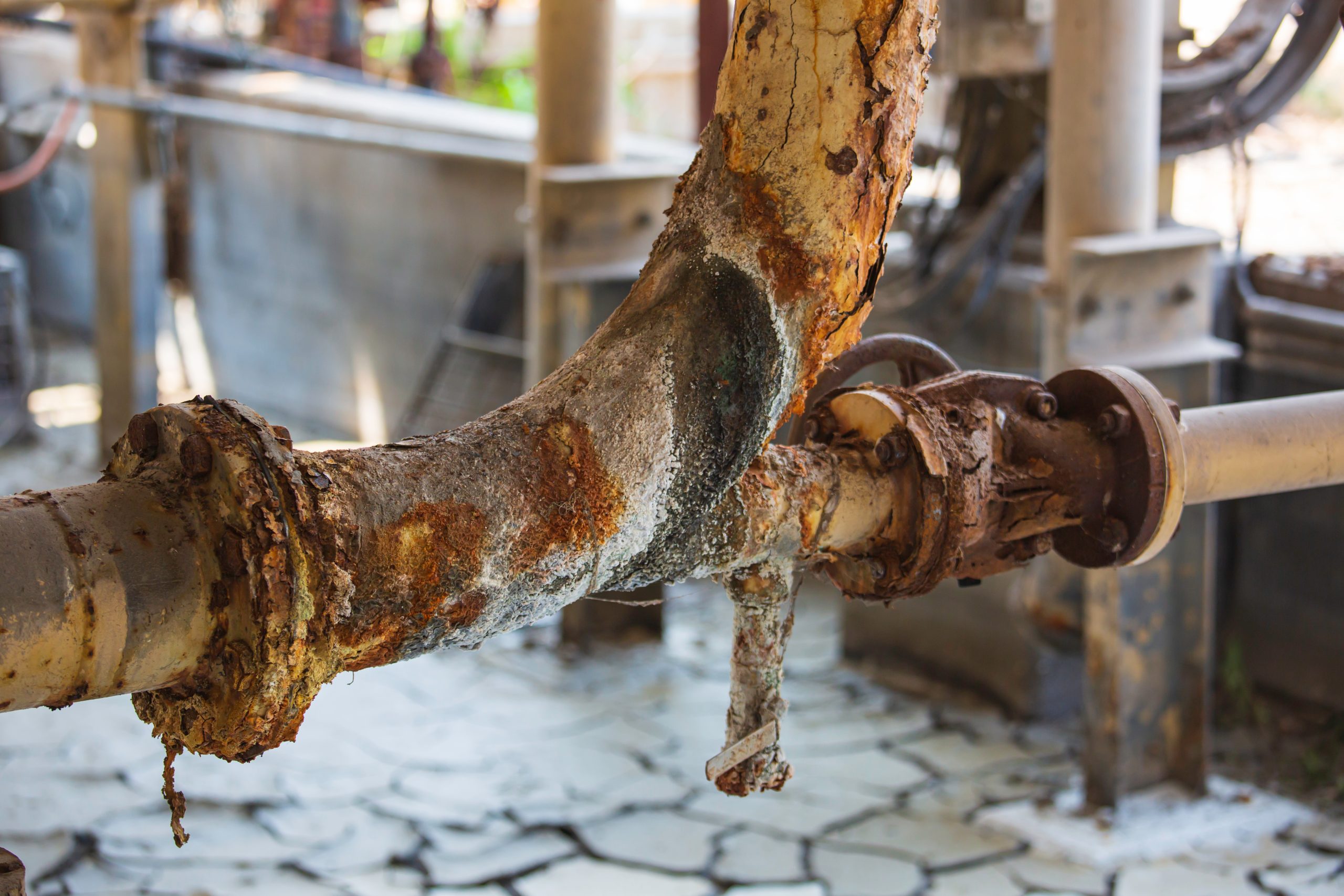
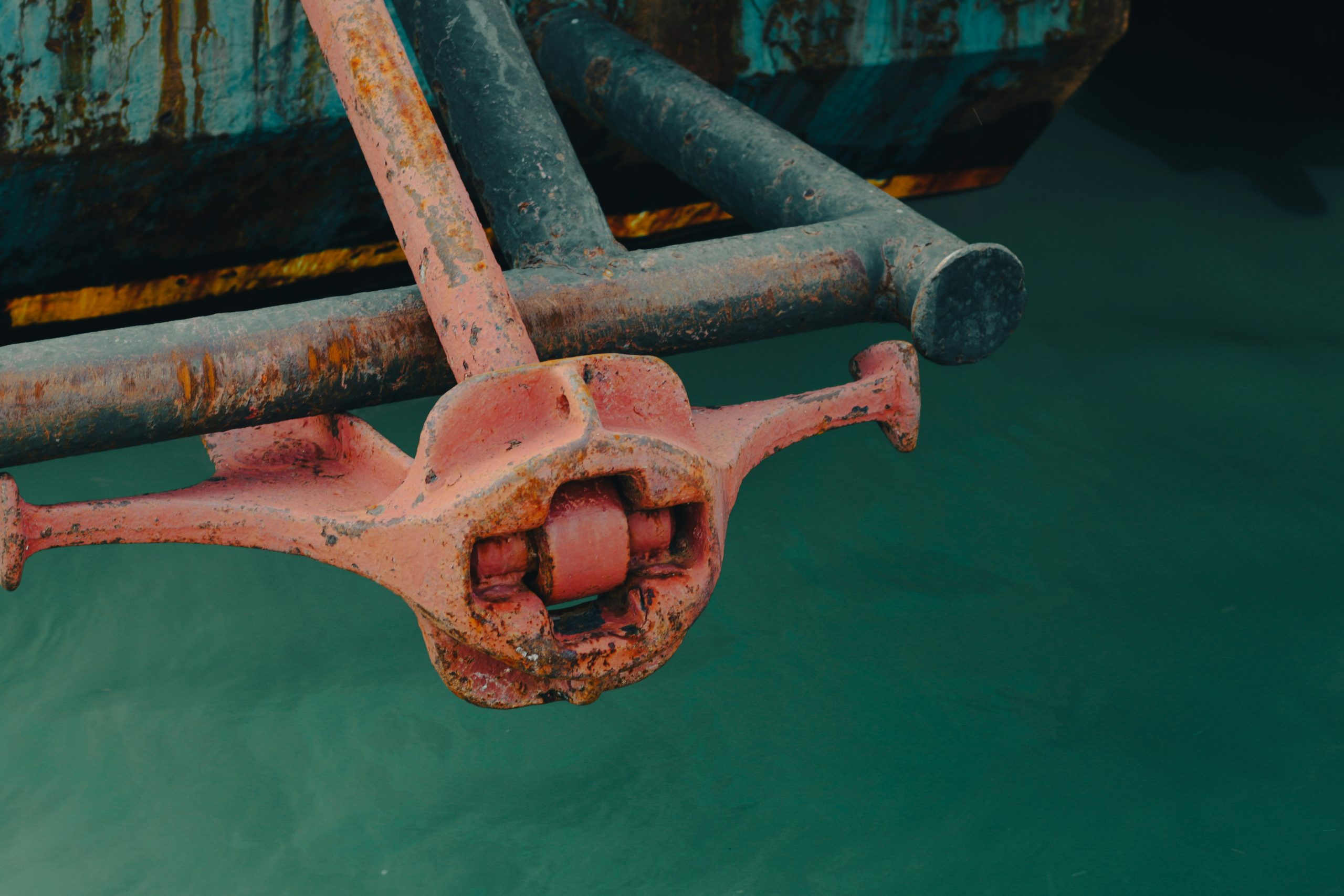
-
Marine applications
Underwater ship components are coated with PVD to prevent corrosion caused by constant exposure to seawater. PVD coatings can also be applied to equipment and structural elements of offshore platforms to protect against the corrosive marine environment.
-
Medical industry
PVD coatings are being applied to engine parts such as pistons, valves, and crankshafts to protect against corrosion caused by exposure to high temperatures and harsh environments.
The dual functionality of combining both corrosion and wear resistance makes PVD coating an ideal solution for industrial applications where durability and longevity are critical. Aurora's advanced PVD coatings stand out with innovative design features, including denser and thicker layers and a novel base layer, effectively addressing common defects in standard PVD coatings. These enhancements ensure exceptional protection, making our coatings the top choice for safeguarding your parts against corrosion across diverse industries, from marine and automotive to medical and aerospace.
Aurora Scientific Corp. 一直為全球各行業提供一流的PVD和DLC鍍膜機。我們在 PVD 塗層服務方面擁有30年的經驗,是您值得信賴的最佳PVD系統的支柱。我們為您的自主加工提供最先進且價格實惠的PVD/DLC機器。我們的技術團隊將指導您所有的技術需求。

